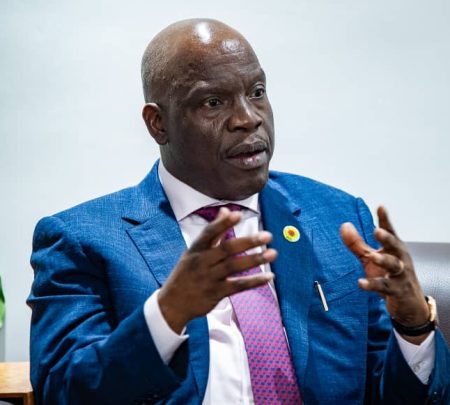20 July 2015, Lagos – The Oodua Peoples Congress (OPC), yesterday said that it may sue the Nigerian National Petroleum Corporation (NNPC) over its failure to pay its N1.9 billion debt for the protection of pipelines contract which was cancelled over a month ago.

Disclosing this development to aviation correspondents, the Founder of OPC, Dr. Frederick Fasehun noted that the contract was awarded to the OPC to keep surveillance on the NNPC’s pipeline from Mosimi in Ogun to Oyo State to prevent acts of vandalism.
Dr. Fasehun also pointed out that since the termination of the contractual agreement between OPC and NNPC, the corporation was yet to pay its N1.9bn debt accruing for the protection of pipelines.
According to him, The decision to take legal action against the oil corporation was due to the break down of communication by NNPC to reach out to the OPC after series of letters that was sent to it.
Dr. Fasehun said:”The contract was drafted by the NNPC and both parties signed it. We began on March 16 , 2015 and the contract was for three months.
“I put 4,020 youths on the pipeline and for three months, we did the job with utmost integrity and righteousness. There was no complaint of pipeline vandalism.
“We were not mobilised but we went ahead to do the job because we felt concerned that the lifeline of the country was being threatened.
“While the contract was on, there was a change in government but I believe government is continuum and any contract signed on behalf of one government should be honoured by its successor.”
According to him, the NNPC refused to renew the contract after its expiration on June 16 adding that the corporation also failed to make the N1,500 daily payment to each of the 4,020 youths who executed the job during the period the contract lasted.
The OPC boss further affirmed that frantic efforts to get the NNPC to honour the agreement had yielded no result, adding that they may dragged the corporation to court for breach of contract.
“If we adopt the peaceful method we have been adopting for over a month and the government or NNPC refuses to comply with its own contract, of course, the only other arbiter is the court.
“It is in our favour to go to court because we can then ask for many other things like damages, special damages and interest the money could have generated during the period,” he said.
– Vanguard



